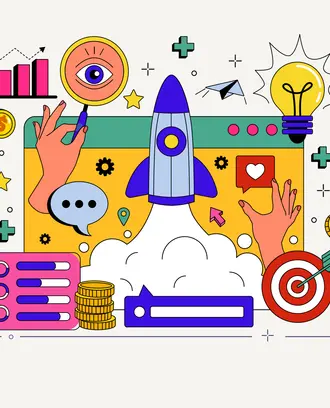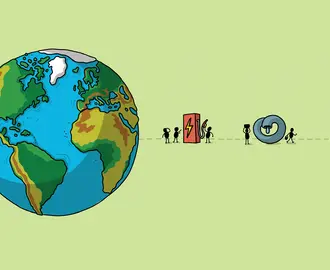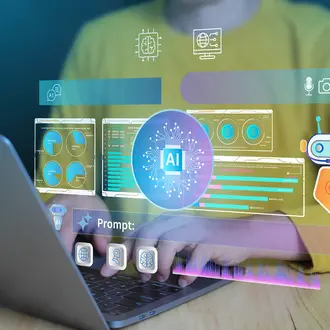Sustainability
Is it up to business to save the planet?
What the business community can or should do is up for debate. What’s not is that time to make decisions is running out.
What if companies took the lead on reversing climate change? Should they have to?
MIT engineering professor Yossi Sheffi, and Andrew Winston, the founder of Winston Eco-Strategies, debated those questions during a recent event hosted by the MIT Sloan Management Review. Watch the full debate below. Here are a few of the arguments each expert made.
Winston: Pursuing easy wins sets a precedent for bigger steps
If there’s a time for business to make environmentally-conscious decisions, it’s now, Winston said.
The clean energy economy is larger than the fossil fuel market, Winston said, and there are millions of people working in the U.S. advanced energy economy. Plus, there are jobs in other energy alternatives like wind and solar power.
“There’s always been the easy wins: cutting energy, lighting, retrofits, manufacturing efficiencies, everything under ‘lean is green,’” Winston said. “But now you’ve got the entire clean economy, renewable energy area where it is now cheaper fundamentally to buy renewable energy than fossil fuels pretty much everywhere in the world.”
Winston said there is also a new generation of employees to consider, coming up through the workforce.
Unlike their predecessors who had pensions to look forward to, millennials find themselves more interested in getting personal value out of their work while they are there, and finding an employer with values that align with their own — in this case, awareness and concern for sustainability and the environment.
Sheffi: For corporate leadership, customers and stakeholders play a critical role
It’s not that companies or executives don’t believe in climate change, Sheffi said, it’s that the ends don’t always justify the means.
“The cost in jobs, the cost of standard of living, the cost of dislocation, they just don’t believe in it,” Sheffi said. “This is the reason that they are doing the minimum,” he added, pointing to companies like McDonald’s, which is swapping paper straws for its plastic ones in the United Kingdom, and is testing alternatives in parts of the United States.
To really make an impact, the fast food chain and other businesses need to do much more.
Example: Ban burgers.
That’ll have a big impact on emissions, Sheffi said, along with the fast-food chain’s bottom line.
“If they do it, somebody else would sell beef,” said Sheffi, the director of the MIT Center for Transportation and Logistics, and an expert in risk analysis and supply chain management. “They cannot stop selling beef unless their customers demand to not eat beef.”
It’s easy to criticize a company that isn’t making environmentally-conscience business decisions, Sheffi said, but it’s also unconscionable for a company to make a decision against the best wishes of its stakeholders.
“People are just not putting their money where their mouth is,” Sheffi said. “Consumers are the people who invest in companies, who own the companies. So you want an executive to act against what their consumers actually want, what their owners actually want? Talk about immoral. This is immoral, unethical.”




